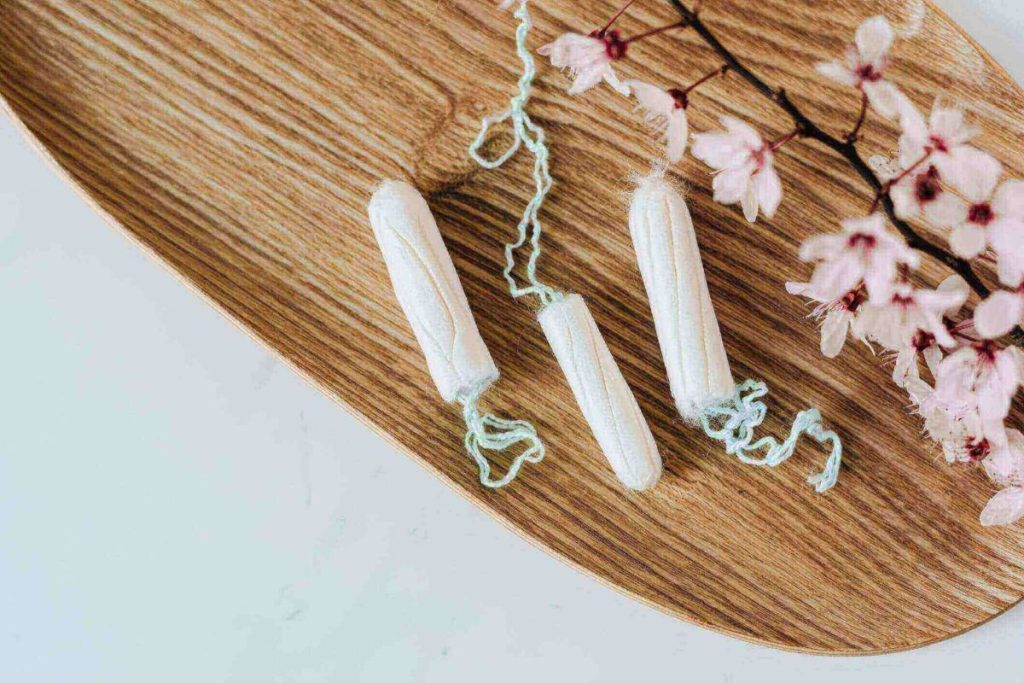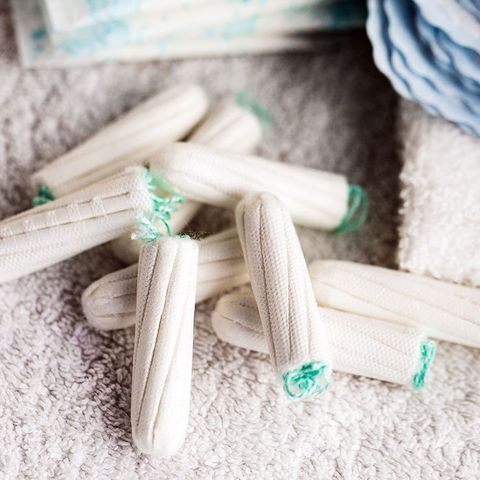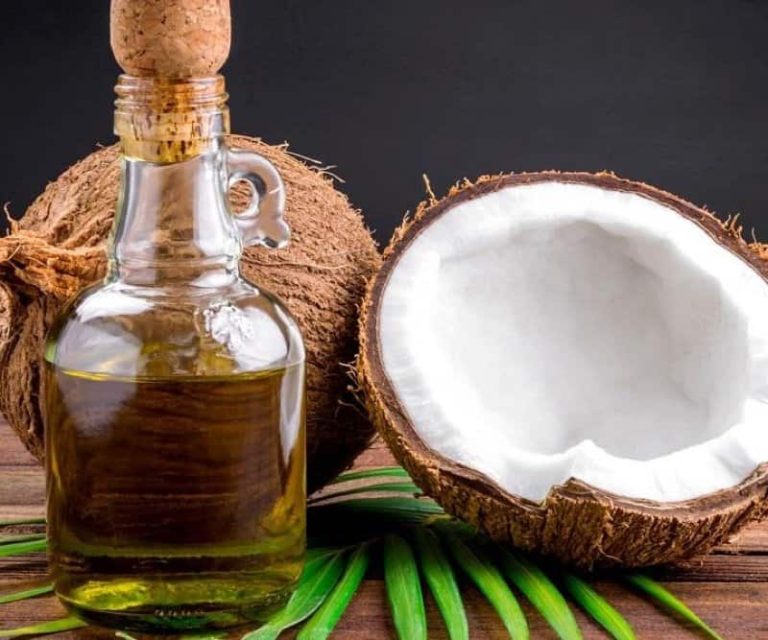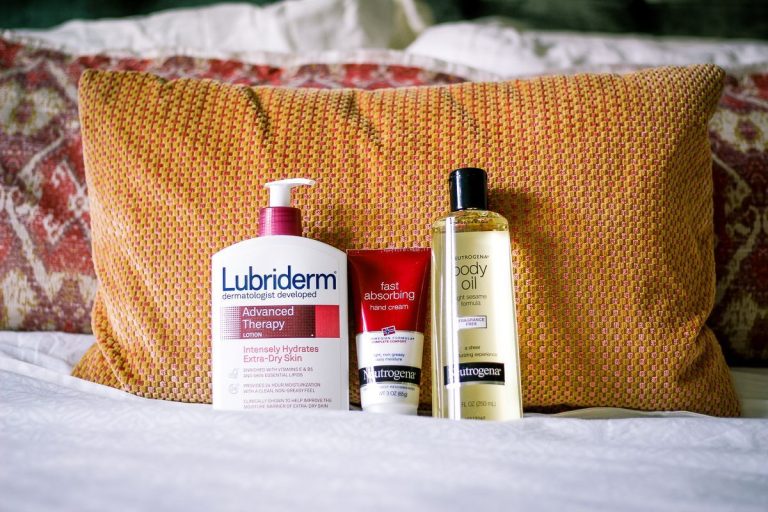Are Tampons Haram or Halal In Islam?
As a Muslim woman, I experience the monthly cycle of menstruation just like any other woman. However, in Islam there are certain religious considerations around menstruation that impact the practices I follow during this time.
In this guide, I will explain whether using tampons is religiously permissible (halal) or prohibited (haram) for Muslim women according to Islamic law.
Menstruation is seen as a natural process in Islam, part of Allah’s creation. The Quran says “And it is He who produced for you hearing and vision and hearts; little are you grateful” (67:23). As women, having our monthly period is part of how Allah created us.
However, the menstrual blood itself is considered ritually impure (najis) in Islam. This causes some changes in religious practices during a woman’s period. Let’s look at the key impacts:
Salah (Prayer)
During menstruation, women are exempted from performing obligatory salah prayers. We simply make up the missed prayers later. This exemption is because in Islam, one must be in a ritually pure state to perform salah.
The Prophet Muhammad (peace be upon him) said: “Is it not the case that when she gets her menses, she does not pray or fast?” (Bukhari). This hadith shows it is normal for a woman to pause her ritual worship while menstruating.
Fasting
Fasting during Ramadan is also prohibited if a woman is menstruating. She must make up the missed fast days later in the year before the next Ramadan. Again, this is because ritual purity is needed for acts of worship.
Sexual Intimacy
A husband and wife must avoid sexual intimacy during the wife’s menstruation. The Quran says “And they ask you about menstruation. Say, ‘It is harm, so keep away from wives during menstruation’” (2:222). This temporary restriction is because intercourse cannot occur in a ritually impure state.
Mosques
It is recommended for menstruating women not to stay for long periods inside the main prayer hall of a mosque. This is to avoid contaminating the ritually pure space with any accidental dripping of menstrual blood. However, women are not prohibited from the rest of the mosque area during this time.
So in summary, menstruation exempts women from certain ritual acts while they are in an impure state. However, it is seen as a normal natural process created by Allah.
Are Tampons Permissible in Islam?
Contents

Now that we understand the Islamic perspective on menstruation, let’s examine whether it is religiously permissible (halal) or prohibited (haram) for a Muslim woman to use a tampon during her period.
Some traditional scholars discourage tampon use because inserting it internally could break the hymen, which culturally indicates a loss of virginity. However, there are no clear religious texts prohibiting the use of tampons or stating they affect virginity.
Tampons simply provide a hygienic method of absorbing menstrual blood internally. They prevent leaks onto clothing and enable women to carry on normal daily activities during our periods.
When evaluating whether tampons are halal in Islam, these key points of evidence suggest they are permissible:
No Clear Religious Prohibition
There are no verses in the Quran or statements in Hadith that directly prohibit the use of tampons or declare them haram. In absence of a clear scriptural prohibition, tampons can be considered religiously neutral rather than forbidden.
Hygiene is Encouraged
The Prophet Muhammad (PBUH) encouraged menstrual hygiene, stating it is virtuous to “conceal blood” from menstruation. Tampons aid this concealment in a more practical way than external pads.
Normal Daily Life Allowed
Islamic law permits menstruating women to carry on normal activities, travel, work etc during our periods. Using tampons facilitates this by preventing mess, discomfort and disruptions.
Medical Safety
Modern tampons sold today are medically safe when used correctly. So health risks cannot be used as a religious basis for prohibition.
In conclusion, I believe the Islamic position on tampons is neutral. There is no clear evidence deeming them haram. On the contrary, tampons enable women to manage menstruation in a hygienic discreet way while continuing daily life. This aligns with the Islamic encouragement to maintain cleanliness and normalcy.
I personally choose to use tampons as I find they give me more freedom and cleaner feeling during my period. I follow all medical guidelines about safe usage. Ultimately, each Muslim woman can decide for herself based on her personal situation and preferences.
Proper Usage of Tampons

If you do opt to use tampons during your period, be sure to follow these guidelines for proper hygienic usage:
- Change your tampon regularly every 4-8 hours to prevent bacterial growth. Never use one for more than 8 hours.
- Alternate tampons with pads to give your body a break. Tampons are not meant for constant all-day use.
- Insert the tampon correctly into the vaginal canal. Never force insertion if you feel discomfort.
- Use the lowest absorbency needed to manage your flow. Higher absorbencies expand more and increase infection risks if left in too long.
- Wash your hands before inserting a new tampon.
- Never use a tampon when you are not on your period. This can cause abrasions and toxic shock syndrome.
By following Islamic cleanliness principles and medical recommendations, you can safely integrate tampons into managing your monthly menstruation as a Muslim woman.
Frequently Asked Questions on Tampons in Islam
Are tampons haram because they go inside the vagina?
Tampons are not haram purely due to being inserted into the vagina. Women insert fingers internally for cleansing after menstruation and this is permissible. Tampons are simply a hygienic absorbent material like cotton wool, which is allowed for menstrual management.
Can tampons break the hymen and cause loss of virginity?
It is possible but very rare for a tampon itself to break the hymen. The hymen naturally has an opening large enough to pass menstrual blood. Inserting a tampon properly along this opening may gradually expand it over time but not cause any tearing. There is no Islamic basis for virginity being physically defined by an intact hymen.
Are tampons makruh (disliked)?
Some traditional scholars consider tampons “makruh” or mildly disliked due to risks of internal abrasion or absorption of impurity. However, modern tampons designed specifically for safe hygienic use do not pose these concerns so cannot be deemed makruh today.
Can I use a tampon while praying?
No, tampons do not make it permissible to pray during menstruation. Ritual purity is still required, which tampons do not provide. You must change the tampon, make ablution and pray after menstruation has fully ended.
Can I have sex while using a tampon?
No, a married couple must avoid sexual intimacy during menstruation even if using a tampon. Intercourse is not permitted in a state of ritual impurity.
So in summary, while some traditional cautious views exist, there is no definitive evidence deeming tampons as religiously prohibited. Using them for menstrual hygiene aligns with Islamic cleanliness values.
Managing Menstruation Holistically as a Muslim Woman
Beyond just tampon use, it is important as Muslim women that we develop a healthy holistic mindset around handling our monthly periods. Here are some key principles I follow:
- Accept menstruation as a natural blessing from Allah that enables childbearing. Do not view it negatively.
- Take care to stay hydrated, eat nutritious foods, and rest adequately during your period. Listen to what your body needs.
- Use hygienic products like pads or tampons to prevent leaks and discomfort. Keep your intimate area clean.
- Make ablution and resume ritual worship after menstruation completely ceases. Be regular in prayers and fasting.
- Dispose of used products properly by wrapping and throwing in bin. Avoid direct contact with blood.
- Don’t isolate yourself from normal activities due to cultural taboos. Seek medical help if you have severe menstrual difficulties.
- Share beneficial knowledge about menstrual health and hygiene practices with other women and girls.
Following this balanced holistic approach, anchored in Islamic teachings, helps me manage menstruation in a positive manner while fulfilling my religious duties. I hope this article has clarified that use of tampons does align with Islamic values when done correctly. Ultimately, we should avoid cultural taboos and focus on hygiene, self-care and spirituality through each stage of our cycle.

Founded by Sophia Rodriguez, IGXO Cosmetics is a PETA-certified, cruelty-free, and vegan makeup brand.





